Coronavirus: WHO reveals 7-8 top candidates are very close to coronavirus vaccine
By Lokmat English Desk | Published: May 12, 2020 11:31 AM2020-05-12T11:31:40+5:302020-05-12T11:31:40+5:30

As the search for a cure for the novel coronavirus or SARS-CoV-2 heats up across the world, the World Health Organization (WHO) on Monday revealed that there are about seven to eight ‘top’ candidate vaccines for COVID-19.
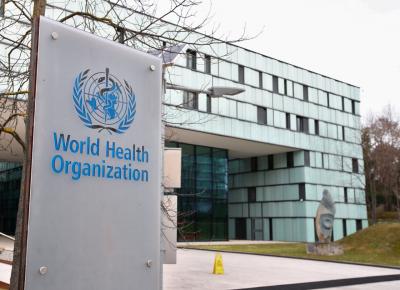
The UN health body said more funds are required to help speed up the development of these vaccines, which will help overcome the global pandemic.

Earlier, WHO Director-General Tedros Adhanom Ghebreyesus had said that it will take at least 12 to 18 months to develop a vaccine for COVID-19.
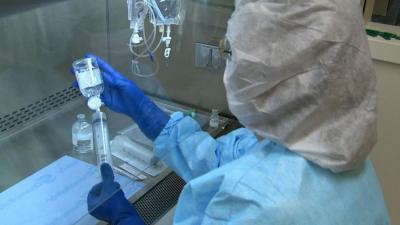
However, the WHO chief told a UN Economic and Social Council video briefing that an accelerated effort is underway for COVID-19 research, treatment and testing, which is helped by 7.4 billion euros ($8 billion) pledged a week ago by leaders from 40 countries, organizations and banks.
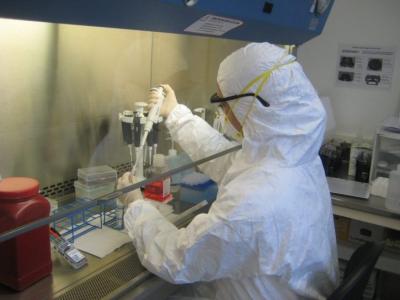
Tedros did not reveal the top vaccine candidates but he said that a consortium of more than 400 scientists are involved in COVID-19 vaccine development and diagnostics.
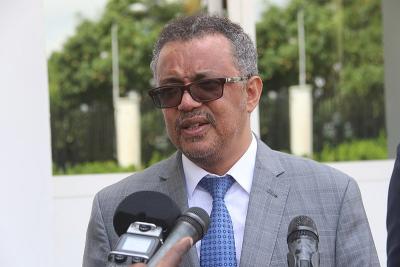
Appealing for more funding to speed up the development of vaccines, the WHO chief said that the $8 billion is enough to produce adequate vaccine, as well as to make sure that this vaccine reaches everyone (and) there’s no one be left behind, reported Associated Press.
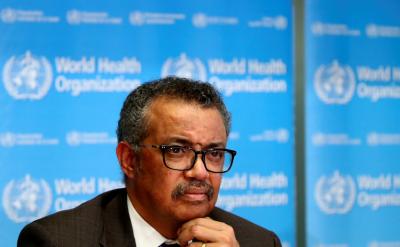
“We have good candidates now. The top ones are around seven, eight. But we have more than a hundred candidates. We are focusing on the few candidates we have which can bring probably better results and accelerating those candidates with better potential,” Tedros said.
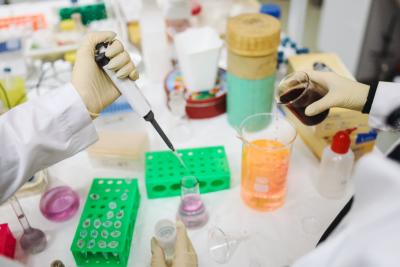
“WHO has been working with thousands of researchers all over the world to accelerate and track vaccine development from developing animal models to clinical trial designs and everything in between, he added.

Tedros stressed that COVID-19 is ‘very contagious and it’s a killer’. So far, at least 283,978 people in the world have lost their lives to coronavirus pandemic and more than 4 million people have been infected with COVID-19.
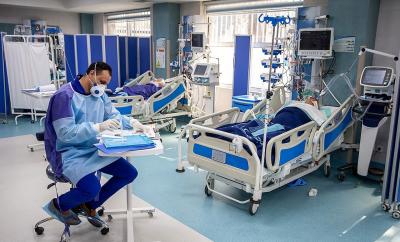
Tedros said “the pandemic is teaching us many painful lessons,” especially the importance of having strong national and regional health systems. “And yet on current trends, more than 5 billion people will not access these essential services by 2030” - the ability to see a health worker, access essential medicine, and have running water in hospitals, he added. He said Western Europe is seeing a decline in new cases, however, COVID-19 is increasing in Eastern Europe, Africa, southeast Asia, the eastern Mediterranean and other regions.























